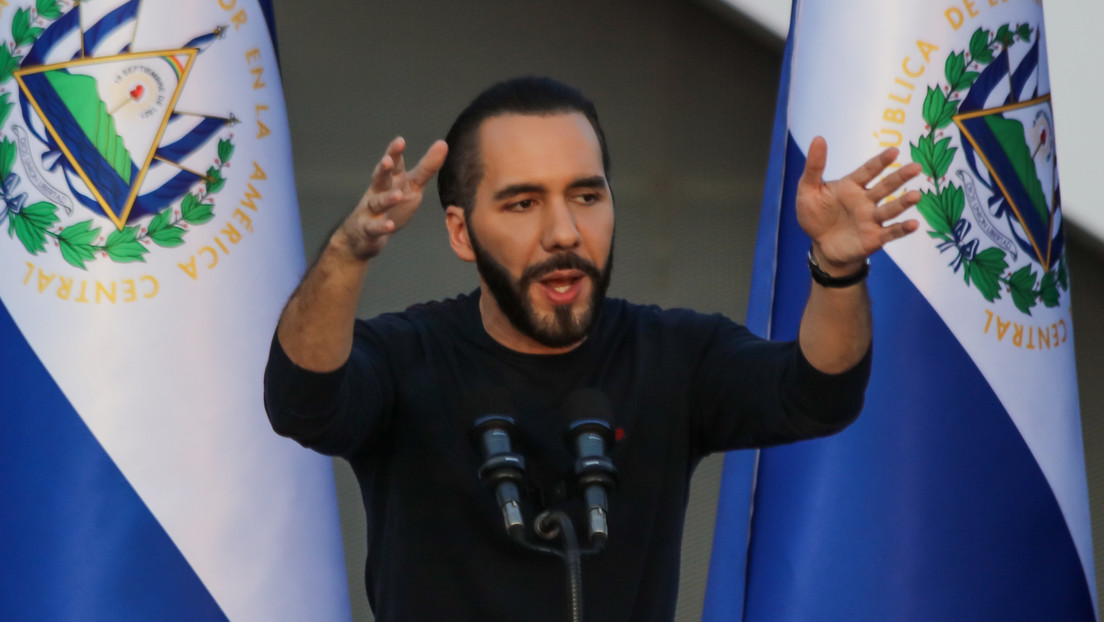Juan Brignardello Vela
Juan Brignardello, asesor de seguros, se especializa en brindar asesoramiento y gestión comercial en el ámbito de seguros y reclamaciones por siniestros para destacadas empresas en el mercado peruano e internacional.




In a recent analysis of the current state of the Spanish monarchy, contributor Pilar Velasco has offered an interesting and provocative perspective on how public perception has changed over the years. During an appearance on the program laSexta Xplica, Velasco expressed her conviction that if a referendum on the monarchy were held today, the result would show considerable support from citizens. This statement contrasts with her view regarding a hypothetical referendum in 2011, where she suggests that support would have been much more limited. Velasco emphasizes the democratic legitimacy of the Spanish monarchy, reminding that it was established by the constituents of the Transition. According to her, it is a constitutional monarchy that, although it cannot be directly subjected to a popular vote, has a base of acceptance that has evolved over time. Despite this legitimacy, she acknowledges the inherent contradiction in the system, as the people do not have the option to decide directly on their form of government. One of the key points highlighted by Velasco is the importance of King Felipe VI and his decisions since he ascended to the throne. She argues that had he been ratified by Congress at his proclamation, he could have gained parliamentary backing that would have provided him with greater institutional support. This reflection invites consideration of the relevance of symbolic acts and legitimization in a democracy that has experienced significant changes in its political dynamics. Velasco also mentions that despite the challenges faced by the monarchy in the last decade, the role of Letizia Ortiz has been crucial in transforming its image. Despite the criticisms she has received, Velasco believes that Felipe VI's wife has managed to earn the respect and sympathy of the public, contributing to the modernization of the monarchical institution. For her, Letizia has brought a fresh air that has helped connect the monarchy with new generations. Velasco's statement about how the monarchy could be "endorsed by the ballot box" today provokes reflections on the role of public opinion and the relevance of institutions in a constantly evolving country. Her optimistic view contrasts with the feelings of disenchantment that have emerged in some parts of Spanish society, especially regarding the political class and traditional institutions. Moreover, the prospect of a referendum on the monarchy raises questions about its future. Popular acceptance of the monarchy could be a decisive factor in its permanence or transformation. In this sense, Velasco points not only to historical legitimacy but also to the need for adaptation and dialogue with citizens to ensure the monarchy's relevance in the 21st century. Pilar Velasco's analysis emphasizes the importance of listening to citizens on fundamental issues such as the structure of the State. At a time when traditional institutions are being questioned, she suggests that the monarchy must be able to hold an open debate about its role and future. This would imply an evolution that could align with the expectations and desires of contemporary society. Velasco's assertion that "the monarchy would be endorsed by the ballot box" could be seen as a call to reflection for political leaders and members of the royal family. The connection between the monarchy and citizens is essential for social cohesion and the stability of the country. In this context, it is crucial for the monarchy to remain in tune with the needs and concerns of the people. Finally, Pilar Velasco's analysis gives a sense of hope to an institution that has been the subject of criticism and controversy. The vision of a monarchy supported by the people suggests that, with the right decisions and a greater openness to dialogue, the Spanish monarchy could consolidate its place in contemporary society, adapting to the times and the demands of its citizens.


